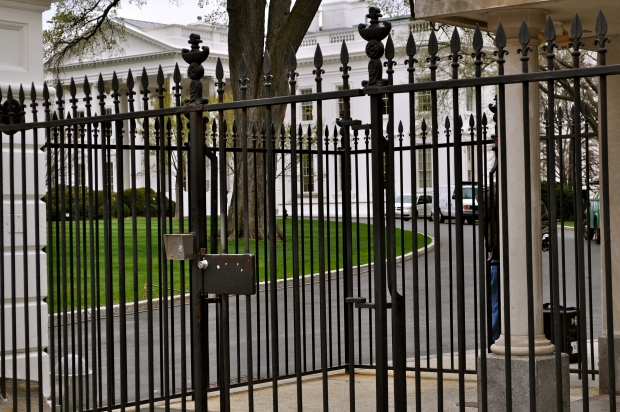The American Clean Energy and Security Act of 2009, (H.R. 2454), sponsored by Representative Henry A. Waxman, CA, was passed by the House of Representatives on June 26, 2009, with a vote of 219 – 212, and was received by the Senate on July 6, 2009. The Clean Energy Jobs and American Power Act, (S.1733), sponsored by Senator John F. Kerry, MA, was introduced on September 30, 2009. The House bill is 1428 pages and the Senate bill is 1758 pages.
This is another bill that has so much regulation attached to it, no one knows what all is included, and no one can say for certain how it will affect states, businesses and individuals. One thing is sure, this bill will put in place strict regulations for carbon emissions at all levels of our lives. According to The Pew Center, “It covers producers of generators of electricity, petroleum fuels, distributors of natural gas, producers of certain fluorinated gases (F-gases), and other specified sources. Greenhouse gases that are limited under the bill include carbon dioxide, methane, nitrous oxide, sulfur hexafluoride, perfluorocarbons, nitrogen fluoride, and hydrofluorocarbons emitted as a byproduct.”
These new regulations are intended to mandate that all energy providers and large manufacturing facilities will be limited as to how much carbon dioxide they will be permitted to emit into the atmosphere. This article relates strictly to carbon dioxide emissions, as this is the majority of the gases being emitted and of our principle concern. The energy companies will be required, on an increasing scale, to reduce their CO2 emissions and retrofit their operations to be “cleaner”. They will be required to provide some of their energy using wind, solar, nuclear, and other cleaner and greener energy sources.
Many countries in the EU and states here in America have already had such regulations in place and they have failed miserably.
What has happened is that, due to the imposition of “caps” on carbon dioxide emissions and the requirement to retrofit or purchase carbon credits, it has increased the cost of providing energy to the consumer. As the consumers see their energy bills go up they have learned to cut back on their energy use, thereby reducing the income realized by the energy provider. But do not worry about the profits of our energy providers dwindling because, in the Waxman bill, they have established a method of assuring that the profits of the utility companies do not suffer. It is called “decoupling”. Essentially, they are permitted to separate out the cost to provide energy from the profit base of the company. In this report from the Institute for Energy Research entitled Electric Revenue Decoupling Explained, by Robert J. Michaels, he sets out the rationale for this. “Decoupling separates the utility’s revenue from its sales of electricity. If a utility’s conservation programs are successful, it might no longer earn its allowed profit. Under decoupling, the company would generate profits at the consumers’ expense. California introduced decoupling in 1983 and a handful of other states have since joined. Traditionally, electricity utilities make more money when they sell more electricity. Decoupling, on the other hand, rewards utilities for selling less electricity.”
All in all, it is we, the customers, who stand to lose and pay much more for our energy if this legislation is passed. This is bad policy that only benefits the growth of big government through outrageously intrusive legislation and regulation, imposing renewable “green energy” sources as an increasing percentage of energy provided to the consumers. Who else benefits? The carbon credit exchange brokers, who earn fees with every carbon credit being bought and sold. Individuals such as Al Gore, Bill and Hillary Clinton, and several executives with Goldman Sachs, etc., who have large stakes invested in exchange companies will be earning tens of billions, if not hundreds of billions, of dollars with this “scheme”.
[youtube Yf0uAG62Z_U]

COMMENTS
Please let us know if you're having issues with commenting.